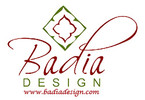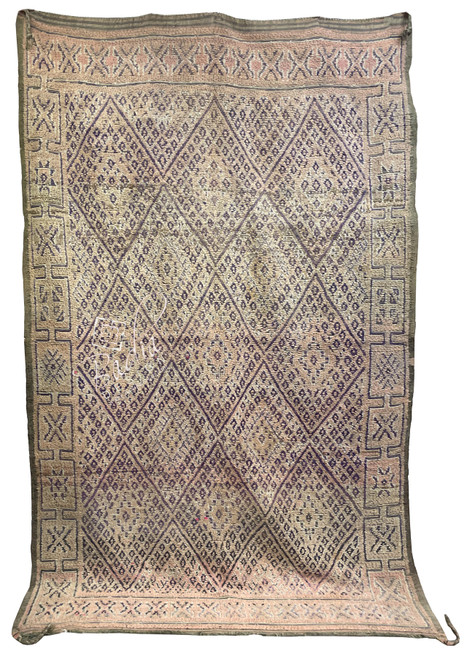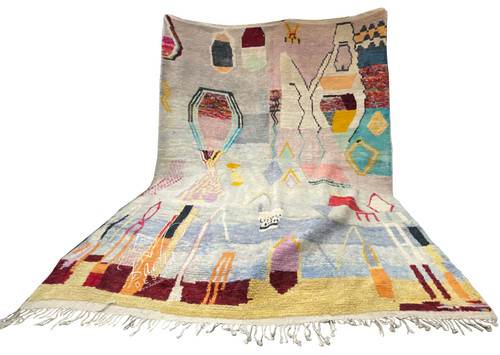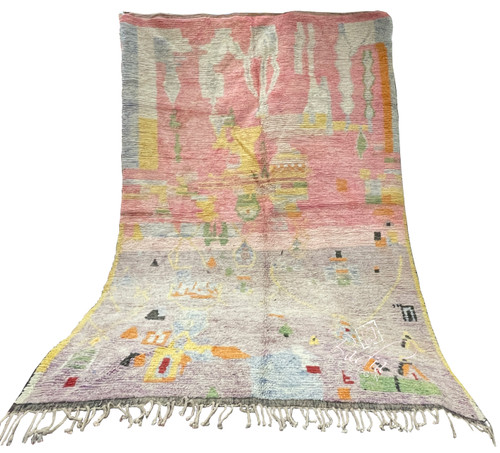Product Description
Black-Gray Multi-Color Moroccan Berber Rug
The History and Craftsmanship of Moroccan Berber Rugs
At Badia Design Inc., located in the heart of North Hollywood, CA, we take pride in showcasing the rich heritage and unparalleled craftsmanship of Moroccan Berber rugs. The very essence of these rugs captures the spirit of Morocco, telling tales of its history, culture, and the Berber tribespeople. Description continued below...
Size: 87" W x 128" H
Style #: R052
Note: All of our rugs are handmade by our artisans in Morocco. There may be some minor imperfections which should not be considered as damaged products.
Note: Extra shipping costs may apply to this item due to its weight, size and your location. It may have to be shipped through a freight company and charges vary from state to state. You will be notified by email of any additional shipping charges once the item is packaged and ready for shipment. We always look for the most competitive shipping company to minimize shipping costs to our customers.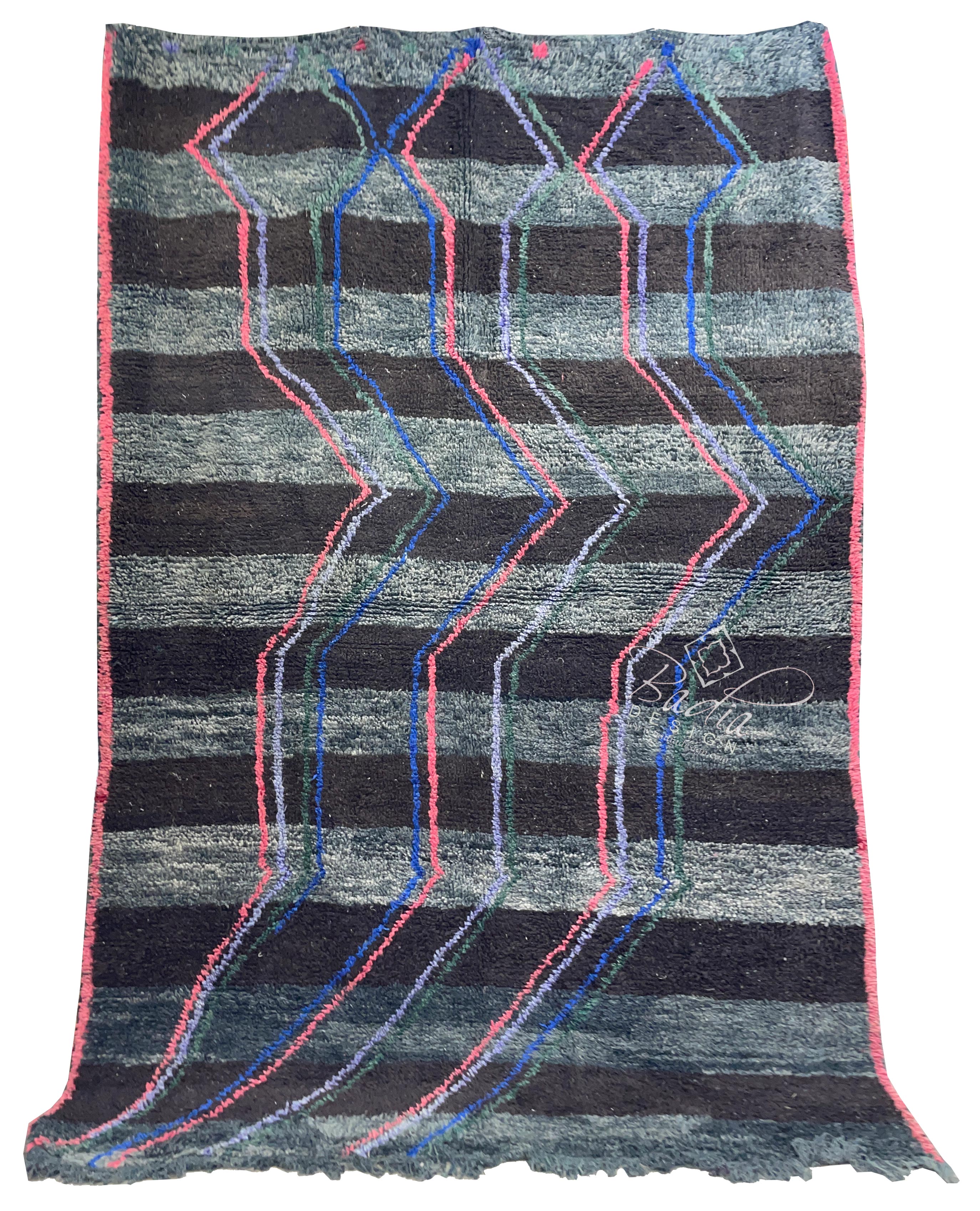
Description Continued...
Origins and Evolution
The history of Moroccan Berber rugs dates back to ancient times, long before the spread of cities and empires. The Berbers, indigenous Amazigh people of North Africa, have been weaving these rugs for millennia. Initially, these rugs served utilitarian purposes: they provided warmth against the cold High Atlas Mountains and doubled as bedcovers, blankets, or cloaks. Over time, they evolved to become a prominent aspect of the aesthetic and cultural identity of the Berber people.
Craftsmanship and Techniques
The art of crafting a Moroccan Berber rug is passed down through generations. Using organic materials sourced from their surroundings, Berber women hand-weave these rugs on traditional looms. Every rug reflects the individual weaver’s personal touch, life experiences, and the tribe’s unique symbols and traditions.
- Materials: Primarily made of wool, these rugs sometimes incorporate cotton or other fibers. The sheep from the High Atlas Mountains provide a high-quality wool that ensures durability and warmth.
- Dyes: Natural dyes extracted from plants, minerals, and sometimes insects are used to create the vibrant hues of the rugs. For instance, saffron for yellow, indigo for blue, and henna for red.
- Symbols and Designs: The motifs and symbols woven into each rug hold specific meanings. They might depict tales of fertility, nature, spirituality, or even everyday life. Each tribe has its signature patterns, making the rugs a canvas of storytelling.
- Beni Ourain Rugs: Perhaps the most recognized, these rugs come from the Beni Ourain tribe. Characterized by their simple geometric patterns, they often feature a cream or white base with black or brown lines and shapes.
- Azilal Rugs: Originating from the Azilal province in the High Atlas, these rugs are colorful, featuring intricate patterns and symbols, each narrating a different tale.
- Boujad Rugs: Known for their pink and orange hues, these rugs from the Haouz region of Morocco are vibrant, with abstract designs and a touch of rebellion.
- Boucherouite Rugs: Made from recycled textiles instead of wool, they showcase a riot of colors, bearing testimony to the resourcefulness of the Berber women.
- Kilim Rugs: Flat-woven and lightweight, they're perfect for warmer climates and are adorned with symbolic patterns.
- Tuareg Mats: Hailing from the Sahara, these are made from reed and leather, reflecting the desert's stark beauty.
At our store in North Hollywood, CA, we're honored to be a conduit for this age-old craft, bringing a slice of Moroccan heritage to your homes. Every Moroccan Berber rug, with its intricate patterns and vibrant colors, is not just a piece of home decor; it's a piece of history, art, and storytelling that resonates with the soul.

